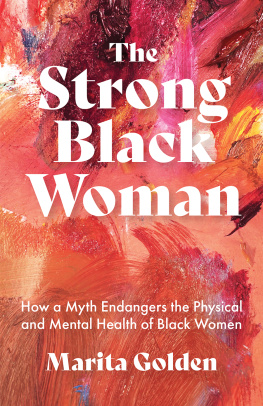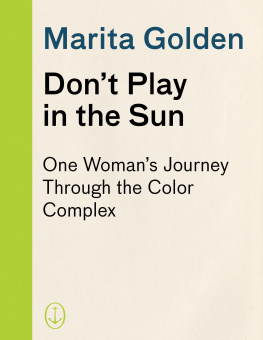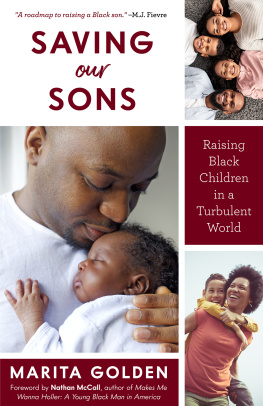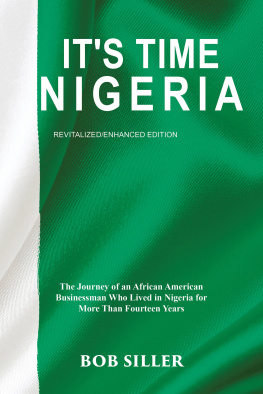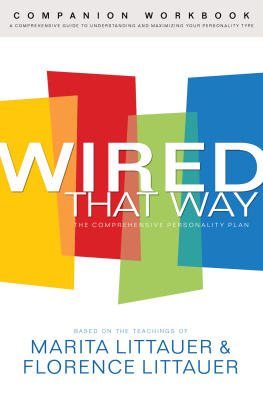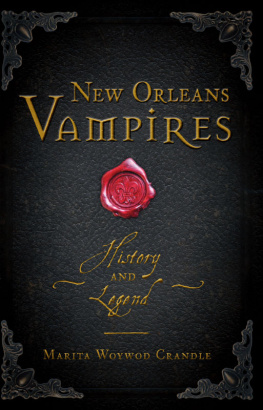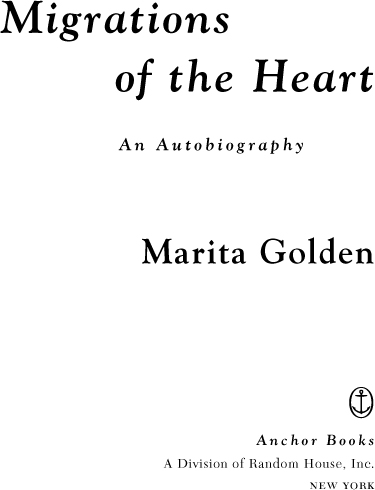Also by Marita Golden
A Woman's Place
Long Distance Life
Wild Women Don't Wear No Blues:
Black Women Writers on Love, Men and Sex (editor)
And Do Remember Me
Saving Our Sons: Raising Black Children in a Turbulent World
Skin Deep: Black Women and White Women Write About Race
(editor, with Susan Richards Shreve)
A Miracle Every Day: Triumph and Transformation
in the Lives of Single Mothers
The Edge of Heaven
Gumbo: A Celebration of African American Writing
(editor, with E. Lynn Harris)
Don't Play in the Sun:
One Woman's Journey Through the Color Complex
To my father, who told me the stories that matter.
To my mother, who taught me to remember them.
I wish to thank:
Marie Dutton Brown, for always believing
Sidney Offit, for helping ME to believe
Louise Flemingshe knows why
Lorraine Broyshe does too
Laura Van Wormer, for the enthusiasm she brought to this
project
Carol Mann, for seeing a story worth telling where I saw only a
life
I. Beginnings
1
My father was the first man I ever loved. He was as assured as a panther. His ebony skin was soft as the surface of coal. The vigorous scent of El Producto cigars was a perfume that clung to him. The worn leather seat of his taxi, a stubborn aroma, had seeped into his pores, and like a baptism the smells rubbed onto me from the palms of his hands.
In school he went as far as the sixth grade, then learned the rest on his own. Part of the rest he bequeathed to megold nuggets of fact, myth, legend dropped in the lap of my mind, shiny new pennies meant to be saved. By his own definition he was a black man and proud of it. Arming me with a measure of this conviction, he unfolded a richly colored tapestry, savored its silken texture and warned me never to forget its worth.
Africa: Tit wasn't dark until the white man got there.
Cleopatra: I don't care WHAT they tell you in school, she was a black woman.
Hannibal: He crossed the Alps with an army of five hundred elephants.
The Sphinx (pointing with a tobacco-stained index finger to a page in the encyclopedia): Look at the nose, see how broad it is? That's your nose. That's my nose too.
Bitter, frightening tales of slavery dredged by his great-grandparents from memories that refused to be mute. Passed to him. Passed to me. And when he recounted the exploits of Toussaint L'Ouverture, pausing to remind me that L'Ouverture meant The Opener, inside his eyes I saw fire and smoke float over the hills of Haiti, and his voice stalked the room amid the clanging of swords, the stomp of heavy boots.
Our most comfortable stage was his taxicab. On frigid winter Saturday afternoons and warm summer evenings, I rode in the front seat with him. Always, it was an adventure. As much as anything else in his life, my father cherished the look of surprise and unease that invaded the faces of white passengers as he regaled them with quotes from Jefferson, Tolstoy or Frederick Douglass. Pouncing on them unawares with the sharpness of his intellect, he brought their blanched faces from behind The Wall Street Journal or the New York Times. Their baffled respect, blooming in the form of a generous tip or an awed, Mister, you're pretty smart, sealed his victory.
Together we visited the homes of women, who plied me with Kool-Aid and cookies and spoke to him in a language of double meanings and invisible but obvious desire. Women adored my father. He took them seriously enough to strip his fantasies before them. He listened as intensely as he spoke, and his reactions confirmed the legitimacy of their dreams. All of his women were like my mother, women who had turned daydream desire into tangible reality through houses, cars, money. All theirs. And, like my mother, these women, who had flexed their muscles in the face of fate and circumstance, looked at him with eyes that said, I will give this all to you. My father never refused anything. He accepted their allegiance or a loan of money with equal ease as his due. He was a hard, nearly impossible man to love when love meant exclusive rights to his soul. Yet he relied on their steadfastness to enhance the improvisational nature of his life. Hearing their screen doors slam behind us as we walked to my father's cab, I trembled as though implicated in a crime. For, returning home, I met my mother's worried interrogation and watched her large hands tie themselves in knots after I helplessly nodded in assent when she asked if we'd visited Dorothy or Mamie that day.
My father's friends were men with names like Lucky and Sweets, men whose eyes rendered other verdicts on their lives. I watched them develop potbellies and saw gray sprout at their hairlines as they stood, year after year, before the fire-engine-red Coke machine in Sam's Sunoco gas station, waiting for the number to come out. In a shifting, eternal circle, they parried and joked, voices edgy, cloaked in gruff humor as they stood wondering if 301 or 513 would come out that day and make them a man Because of his luck with women and money, they called my father Goldie.
They were not his real friendsthey feared him too much. Shuddered in the wake of his determination, which cast consideration aside. And they trembled, windswept and lost, in the face of his poorly hidden belief that he was and always would be better than the rest. Much like the characters who peopled the Africa he created for me, and for whom he felt an unbridled affinity, my father viewed his life as a stage. Those around him were an audience from whom he demanded total loyalty but to whom he gave mere lightning flashes of his soul. And I loved him with blind faith. Could never imagine having to forgive him anything. So when I had to, I could not.
My father grabbed life by the arm and wrestled it into squealing submission. My mother cleared the same terrain with a faith and self-possession that both fueled and ruined some of her dreams.
Greensboro, North Carolina, must have fit her like a coat too small, buttons missing, hem unraveling and torn. The town, steeped and cured in humility and patience, could never have imagined her hopes. So at nineteen she fled. One summer night, while her parents and younger brothers slept, she crept out of bed. Crouching on the floor, she retrieved a cardboard suitcase wrapped in string that had been hidden beneath her bed for three days. After pinning a note to her pillow, she walked out into the full-moon night. Standing on the porch, she felt her heart hacking a path out of her chest. Placing the suitcase on the porch, she rubbed her sweating palms on the side of her dress. Crickets echoed in the night air and fireflies illuminated the web of knee-high front-yard grass. And, as on every evening of what had been her life up to then, the pure, heartfelt country silence reached out for her. Struggling out of its grasp, she picked up the suitcase. Licked her hps for courage. And, imagining her mothers face the next morning discovering the empty bed and her wizened hands reaching for the letter, she scurried down the steps. It was 1928 and she was headed north.


